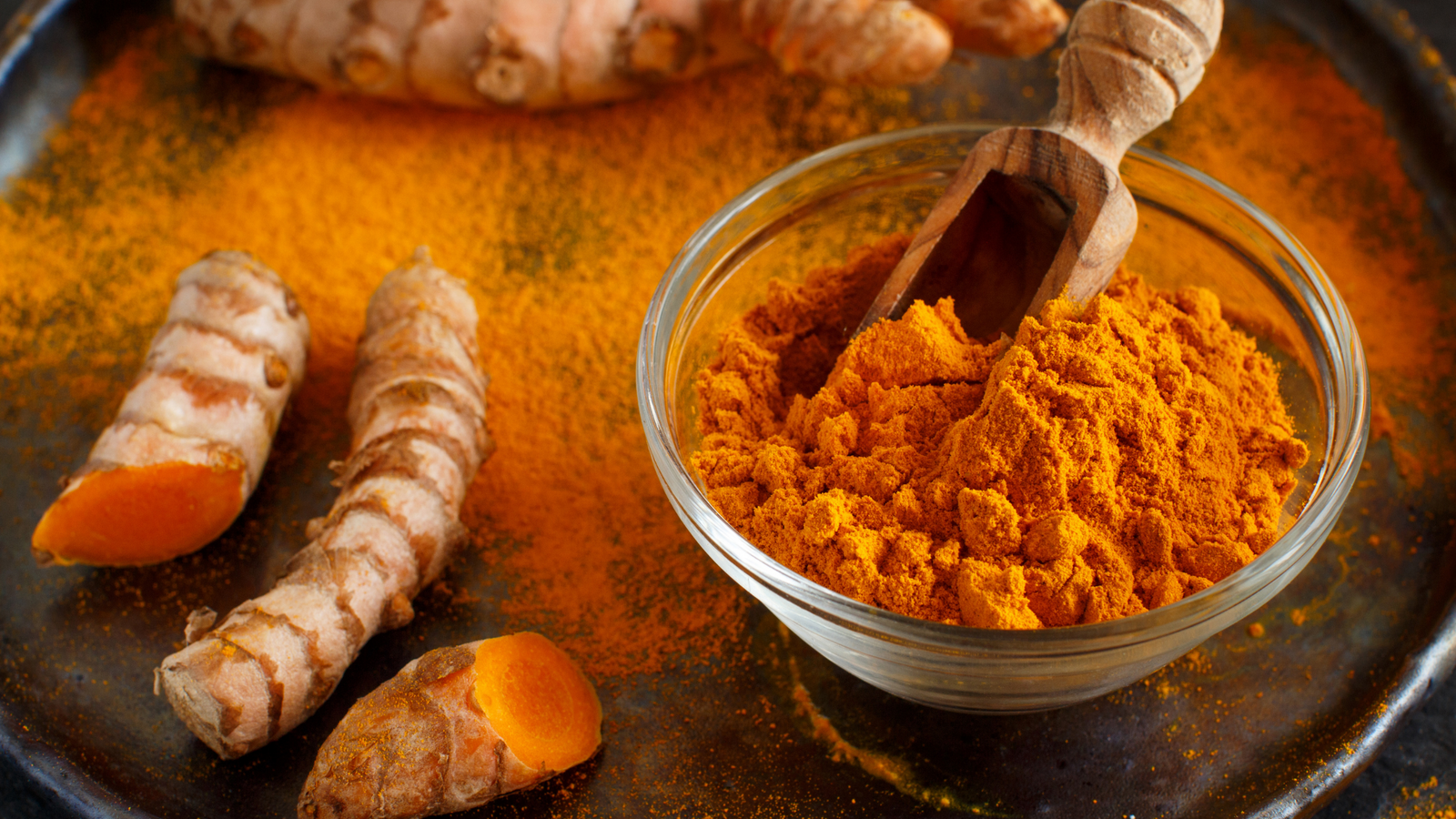Chronic inflammation can cause and contribute to a lot of serious problems throughout the body. When an injury occurs, the immune system causes an inflammatory response to help fight infection and promote healing. But when the problem is a chronic one like arthritis or diabetes, continued inflammation can make matters worse instead of better.
There are also times when the body creates a misdirected inflammatory response, which can lead to a build-up of harmful plaque in the arteries or brain. This plaque can result in conditions like heart disease, inflammatory bowel disease, or Alzheimer’s disease.
Fortunately, there are a number of ways that you can fight chronic inflammation, and one way is to eat and drink anti-inflammatory foods. Several natural foods have been shown to work as safe and effective anti-inflammation therapies. One of the most promising natural food therapies is curcumin.
Curcumin is the active compound found in the spice turmeric. You’ve probably had turmeric before in curries and other Indian foods. But if it’s not a part of your everyday diet, you might be missing out on curcumin and turmeric’s anti-inflammatory properties.
Over the last several decades, numerous clinical studies have examined the properties of curcumin. Back in 1949, one study found that curcumin exhibited antibacterial properties. Since then, other studies have found that curcumin not only possessed anti-inflammatory properties but also antioxidant, wound-healing, and antimicrobial activities, according to the National Institutes of Health.
How does it work? Scientists believe that curcumin inhibits NF-KB; suppresses COX, LOX, iNOS, and other inflammatory mediators; and scavenges free radicals. If all of that sounded like nonsense to you, you’re not alone. Basically, curcumin seems to block things in our body that contribute to chronic inflammation.
While more research still needs to be done, past studies have scientists encouraged about turmeric anti-inflammatory properties. Curcumin may be a useful therapy in treating neurodegenerative, cardiovascular, pulmonary, autoimmune, and metabolic diseases as well as conditions like liver fibrosis, AIDS, and burn pain.
The research also indicates that curcumin is difficult for the body to absorb, but ingesting it in combination with black pepper can help. Piperine is the active compound in black pepper, just like curcumin is the active compound in turmeric. When curcumin is ingested with piperine, its bioavailability may go up by 2,000%.
At ZYN, we include a daily suggested dose of curcumin paired with piperine in every bottle of our delicious drinks. One bottle a day may help restore and fortify your immune system. Try one of our four delicious flavors today!
*These statements have not been evaluated by the Food and Drug Administration. The products are not intended to diagnose, treat, cure, or prevent any disease.







